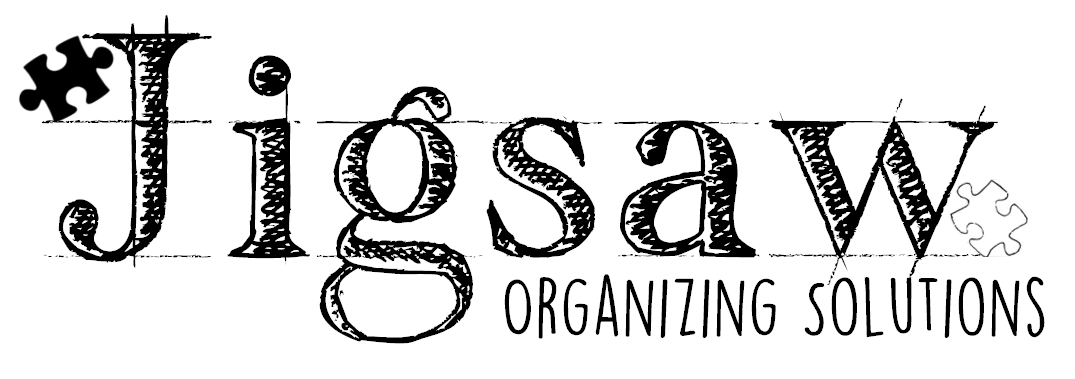One of the biggest dilemmas when decluttering is parting with useful items. What do you do with the stuff you never use, you received as a gift but don’t like, or the things that just take up too much space? It’s hard to know what donation centres are reputable and are true non-profits, and whether the stuff we donate gets into the hands of people who want them, or whether it will just end up in the landfill.
For the not-so-useful items that you don’t want anymore but want to make sure are being recycled or repurposed properly, check out my Upcycling Master List on my website. For the more useful items, read on:
When I’m working with my clients they often tell me that one of the biggest draws of my service is that I deal with the unwanted items. While we are going through things, I carefully sort what is recyclable, trash, donatable or specialty recycling, and then I take it with me when I leave! My clients only need to decipher what it is they truly want to keep and I handle the rest.
Donation centres and thrift stores are not all created equal. Before taking donations, look into what centres are actually non-profits if that is important to you. Hint, Value Village is not – on their website they state “TVI, Inc. dba Savers®/Value Village™ is a for-profit professional fundraiser where required. Savers®/Value Village™ accepts donations of used goods on behalf of nonprofits, and purchases those goods from the nonprofit, providing them with unrestricted revenue. While donations received at our stores benefit our charity partner, shopping in our stores does not support any nonprofit.” On the other hand, Mennonite Central Committee is a non-profit that has many locations of thrift stores and donation centres all over North America, and the proceeds from sales goes towards local and global relief, development and peace projects of MCC. Think about what you are comfortable with and what aligns with your values, and use that to help decide where it is best to donate your unwanted items. Before donating, look at the website of the recipient and see if there are any items that they cannot accept. Sometimes there are things they cannot accept for legal reasons or because they don’t have the space to store things that never sell. If you donate things that they can’t accept, those items will likely end up in their dumpster headed to the landfill. If there is anything you are unclear about, give them a call, and absolutely do not leave bags and boxes outside of their donation hours as they could be contaminated by the elements, animals or humans and out of safety reasons they will get tossed. Be responsible when donating to ensure that the items will be well-received and purchased by someone who will love it!
For less-than-perfect items, use your better judgement to decide whether it should be donated or not. Take a look at your local thrift store to see what they sell. You will likely see a box of random cords that people will rifle through and find the perfect match, so something like that can be donated (and will either be sold or sent to e-waste). You may see greeting cards or gift bags available, but note that they will be in perfect condition and not folded or written on. Clothing will be in good condition (usually no rips, stains or missing buttons). Dishes and kitchen items will be clean and undamaged. Make sure to clean and repair items before donating for their best rate of successful re-homing! If you have some items that are still useful but not donatable, this is where posting things online for free or putting at the end of your driveway is a great way to pass on unwanted items! Find your local Buy Nothing page on Facebook, join, and post away! You can choose who receives your items, and you can do porch pickup so there is no contact with the recipient. You will be surprised by the items that people are searching for and offering to like-minded strangers! It is a wonderful community of people trying to keep things out of the landfill.
Do what is within your means and what aligns with your values. Join a tour of your local landfill and recycling centre to witness what is tossed every day/month/year (the WPL typically hosts an event every spring), and it will give you perspective about the disposable nature of our STUFF. Do what you can, and encourage others to do the same!




